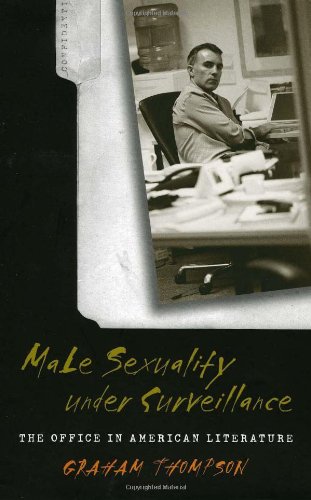

Most ebook files are in PDF format, so you can easily read them using various software such as Foxit Reader or directly on the Google Chrome browser.
Some ebook files are released by publishers in other formats such as .awz, .mobi, .epub, .fb2, etc. You may need to install specific software to read these formats on mobile/PC, such as Calibre.
Please read the tutorial at this link: https://ebookbell.com/faq
We offer FREE conversion to the popular formats you request; however, this may take some time. Therefore, right after payment, please email us, and we will try to provide the service as quickly as possible.
For some exceptional file formats or broken links (if any), please refrain from opening any disputes. Instead, email us first, and we will try to assist within a maximum of 6 hours.
EbookBell Team

0.0
0 reviewsMoreover, this intriguing study simultaneously provides readings of primary texts—ranging from 1853 to 1995—that contribute substantially to scholarship on these works while advancing and deepening the theoretical discussions from which Male Sexuality under Surveillance derives its premises.
Thompson has divided his analysis into three sections. Part 1 examines the boundaries of male friendship in Herman Melville's “Bartleby, the Scrivener,” William Dean Howells's The Rise of Silas Lapham , and Sinclair Lewis's Babbitt . Part 2 examines the impact of corporatization and the feminization of office work upon straight male sexuality between World War II and the 1970s, using Sloan Wilson's The Man in the Gray Flannel Suit , Don DeLillo's Americana , and Joseph Heller's Something Happened . Part 3 shows how the sex and gender anxiety evident in straight male responses to the postwar office world is replaced by a different sense of how identity may be constructed in relation to work in Nicholson Baker's The Mezzanine and The Fermata and Douglas Coupland's Microserfs .
Given its comprehensive scope, Male Sexuality under Surveillance will be of interest not only to Americanists in general but also to scholars interested in gender studies and gay and lesbian studies. In addition, because of its focus on the effects of changing economic structures on material culture and social organization, scholars interested in materialist approaches to literature will find the book inГћnitely valuable.